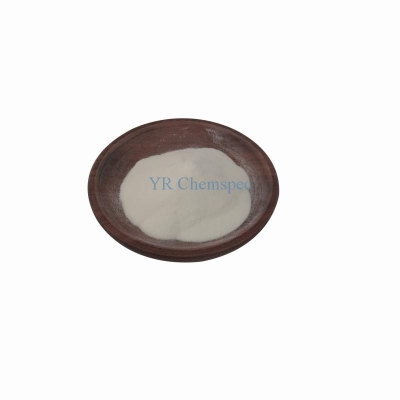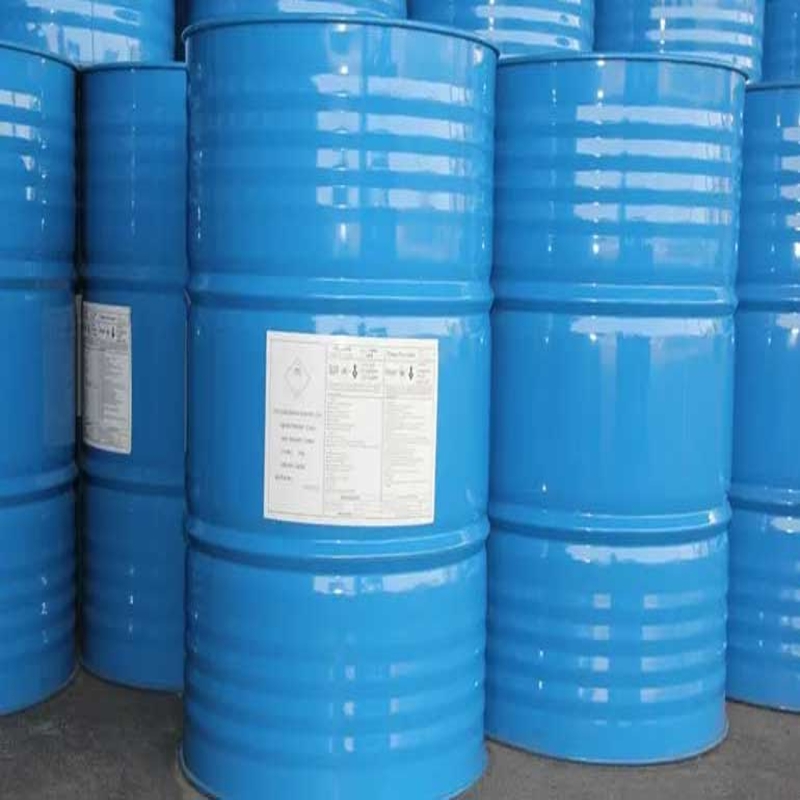-
Categories
-
Pharmaceutical Intermediates
-
Active Pharmaceutical Ingredients
-
Food Additives
- Industrial Coatings
- Agrochemicals
- Dyes and Pigments
- Surfactant
- Flavors and Fragrances
- Chemical Reagents
- Catalyst and Auxiliary
- Natural Products
- Inorganic Chemistry
-
Organic Chemistry
-
Biochemical Engineering
- Analytical Chemistry
-
Cosmetic Ingredient
- Water Treatment Chemical
-
Pharmaceutical Intermediates
Promotion
ECHEMI Mall
Wholesale
Weekly Price
Exhibition
News
-
Trade Service
Recently, relevant people in the coal industry said that with the decline of the RMB exchange rate, the procurement cost of imported coal will increase, which will be another blow
to the originally low-profit coal market.
It is understood that the single 2% depreciation of the RMB exchange rate will have a profit impact on its coal import business of about 0.
5 to 1 US dollars
per ton.
Due to the fall in the renminbi exchange rate, domestic buyers will have to pay more yuan to buy imported coal, which will lead to a decrease in domestic demand for imported coal and the price of imported coal will be depressed
.
A coal importer pointed out that the depreciation of the renminbi has a great
impact on the coal import market.
At present, most traders in the imported coal business can only maintain basic operating expenses and make little
profit.
In the past, when the renminbi appreciated, even if the coal import trade was "flat", some importers could bet on the appreciation of the renminbi to earn money from exchange rate differences and financing
.
Nowadays, the depreciation of the renminbi, and it is not known how much room for depreciation in the future market, is expected to increase the procurement cost of importers, thus causing a major impact
on coal imports.
Deng Shun, an analyst in the coal industry of Axunx, stressed that for imported coal, the depreciation of the renminbi will increase the procurement cost of imported coal, increase the procurement risk of coal importers, and compress the profit margins
of importers.
If the RMB exchange rate continues to weaken, it will deal a major blow to the imported coal market, and the amount of imported coal will be significantly reduced
.
Recently, relevant people in the coal industry said that with the decline of the RMB exchange rate, the procurement cost of imported coal will increase, which will be another blow
to the originally low-profit coal market.
It is understood that the single 2% depreciation of the RMB exchange rate will have a profit impact on its coal import business of about 0.
5 to 1 US dollars
per ton.
Due to the fall in the renminbi exchange rate, domestic buyers will have to pay more yuan to buy imported coal, which will lead to a decrease in domestic demand for imported coal and the price of imported coal will be depressed
.
A coal importer pointed out that the depreciation of the renminbi has a great
impact on the coal import market.
At present, most traders in the imported coal business can only maintain basic operating expenses and make little
profit.
In the past, when the renminbi appreciated, even if the coal import trade was "flat", some importers could bet on the appreciation of the renminbi to earn money from exchange rate differences and financing
.
Nowadays, the depreciation of the renminbi, and it is not known how much room for depreciation in the future market, is expected to increase the procurement cost of importers, thus causing a major impact
on coal imports.
Deng Shun, an analyst in the coal industry of Axunx, stressed that for imported coal, the depreciation of the renminbi will increase the procurement cost of imported coal, increase the procurement risk of coal importers, and compress the profit margins
of importers.
If the RMB exchange rate continues to weaken, it will deal a major blow to the imported coal market, and the amount of imported coal will be significantly reduced
.







